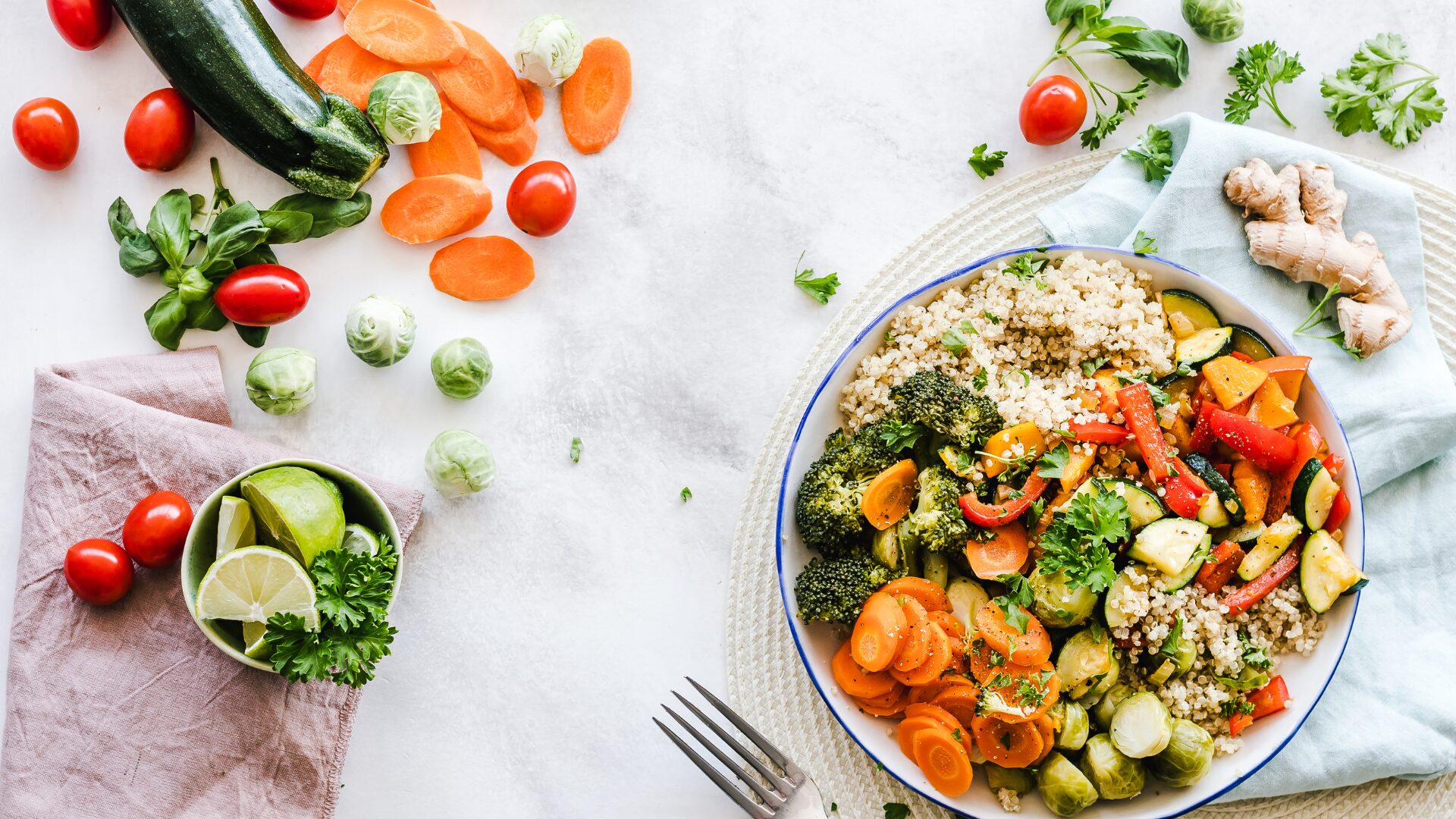General Mills plans to drive continued cereal growth by offering products that have taste, convenience, and health benefits, while investing in brand building, reported CNBC (Feb. 18).
For example, the company’s new Morning Summit cereal lists almonds as its first ingredient in order to attract health-conscious consumers who may not usually eat cereal for breakfast. Other new releases include Blueberry Cheerios and GoodBelly probiotic cereal.
After several years of declining trends, the $8 billion U.S. cereal market’s sales were flat in 2019, according to CEO Jeff Harmening. “We believe this category improvement has been driven by a combination of our stronger performance and some improving macro and demographic trends, including a stabilization in the balance of breakfast at home versus away from home, as well as a return to growth and the number of households of kids in the U.S.,” he said.
Additionally, General Mills’ sales of baking mixes and ingredients declined over the past five years, losing space to brands like Kodiak Cakes, even though Kodiak’s annual revenue is less than one-tenth of General Mills’ baking sales, reported The Wall Street Journal (Feb. 19). This may be a result of grocers relying on their own proprietary research to decide how to shelve certain products, which means less space for traditional supermarket staples in favor of niche items and store brands that deliver higher margins and are often in higher demand.
“Our retailers have better information now,” Harmening said. “So more of our conversation is about ‘How do we drive growth together?'”
General Mills said it is working harder to provide more insights than retailers or smaller brands can in order to remain relevant to grocery executives. “Our competitive advantage doesn’t come from looking at two different versions of truth and trying to talk them into something they shouldn’t do,” Harmening added.
For fiscal 2020, General Mills reiterated its outlook for constant-currency adjusted earnings per share to increase 3% to 5%, and organic net sales to increase 1% to 2%, reported Markets Insider (Feb. 18). The company said it was not able to currently quantify the financial impact of the coronavirus outbreak on its fiscal 2020 financial results, due to evolving nature of the situation.
Meanwhile, the company will launch a 650,000 acre restorative farming project in Kansas’ Cheney Reservoir region, reported The Wichita Eagle (Feb. 19). The goal is to explore ways to save water, increase soil health, and reduce carbon footprints.
Twenty-four farmers were selected to participate and they’ll be paid for increased soil carbon, reduced greenhouse gases, and improved water quantity and water use efficiency.









